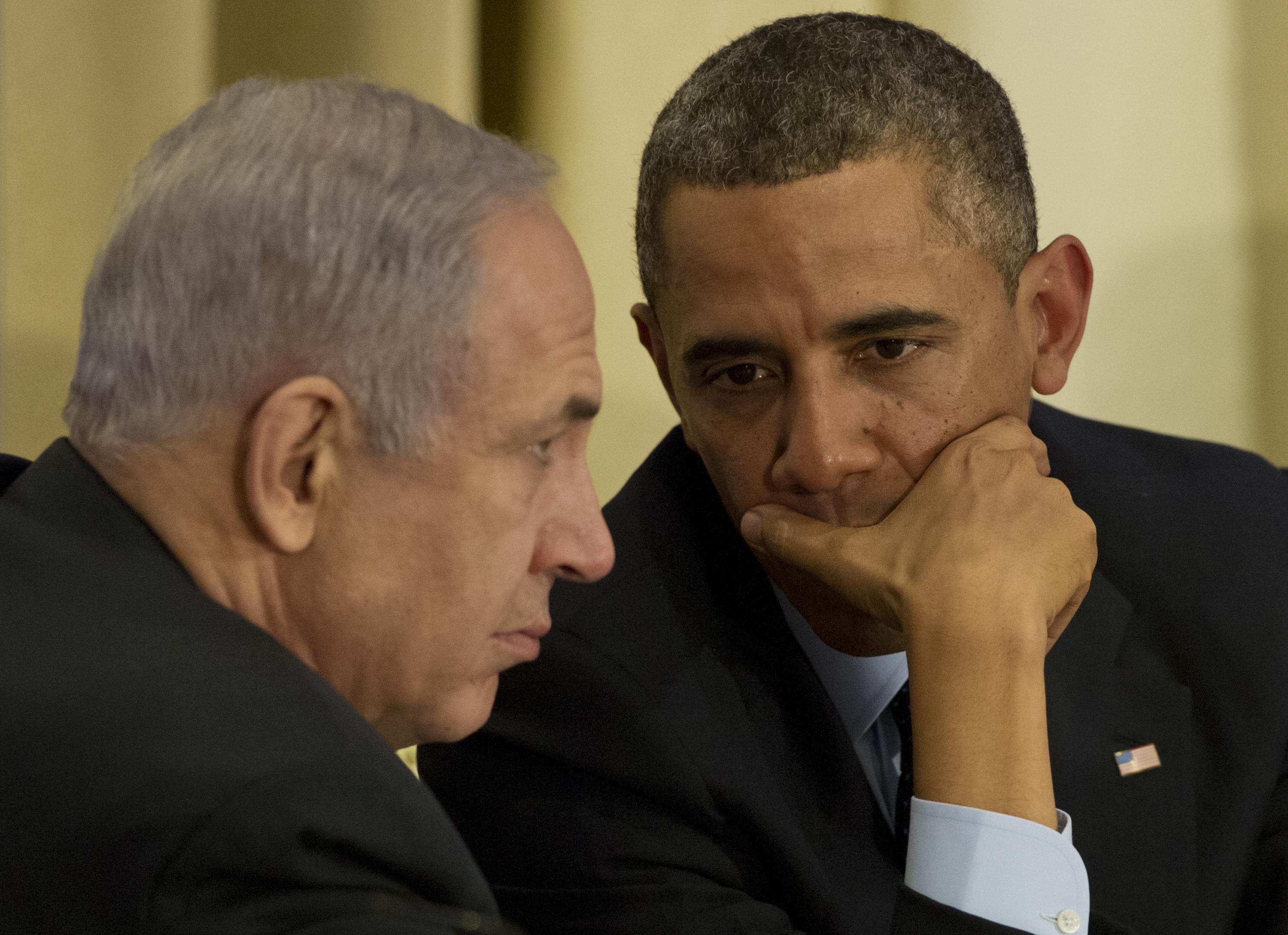President Obama tried to straddle a bit of a middle ground on his second day of his Middle East trip, prodding both Israelis and Palestinians to resume long-stalled peace talks. It wasn’t an easy case to make considering he made his appeal a few hours after rockets were fired from Gaza and landed in a southern Israeli border town, highlighting the ever-present tensions in the region, points out the Washington Post. Still, it was clear Obama thought each side could give in a little, and made it abundantly clear his aides weren’t hiding anything when they said the president wouldn’t present any new ideas or solutions for restarting peace talks.
Obama said it was time for both sides to “think anew” and realize that “peace is possible.” Although Obama was sure to note that continuing with settlement construction “is counterproductive to the cause of peace,” he also stopped short of calling for a building freeze as a precondition to reopen negotiations, points out the Wall Street Journal. In a joint news conference with Palestinian Authority President Mahmoud Abbas, Obama directly said that settlement activity should not prevent Palestinians from sitting at the negotiating table again.
On the other side, Obama asked Israeli university students to put themselves in the shoes of stateless Palestinians, and recognize why a two-state solution is the only answer. “It is not fair that a Palestinian child cannot grow up in a state of her own, and lives with the presence of a foreign army that controls the movements of her parents every single day,” he said. Making it abundantly clear why he was giving the speech directly to the Israeli people, Obama said it was up to Israel’s younger generation to demand that politicians take a chance on peace, reports Reuters. “Political leaders will not take risks if the people do not demand that they do,” he said. “You must create the change that you want to see.”
